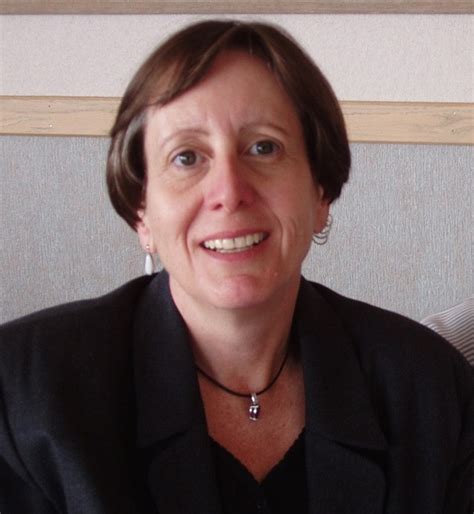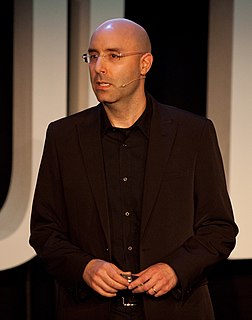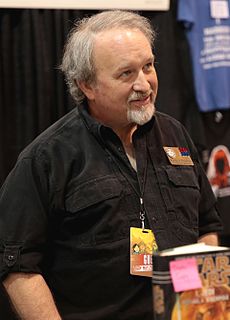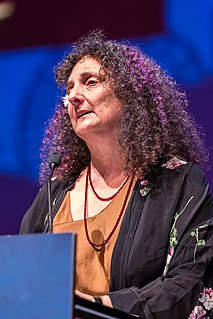A Quote by Catherine Ryan Hyde
One of the nice things about publishing with Amazon is that the window for marketing is much longer than with a traditional publisher because these titles are not coming off of shelves.
Related Quotes
Booksellers are tied to publishing - they need conventional publishing models to continue - but for those companies, that's not the case. Amazon is an infrastructure company; Apple sells hardware; Google is really an advertising company. You can't afford as a publisher to have those companies control your route to market.
There's a reason that so much good material is coming down to the small presses: it's difficult to turn a profit, all things considered. But you can't go into small press publishing and complain about the money. Our Little Island publishing just needs to survive. If we're still around in a few years - in vaguely the same shape as we are today - then, to me, that's success.
Amazon Pages and Amazon Upgrade leverage Amazon's existing 'Search Inside the Book' technology to give customers unusual flexibility in how they buy and read books, .. In collaboration with our publishing partners, we're working hard to make the world's books instantly accessible anytime and anywhere.






































